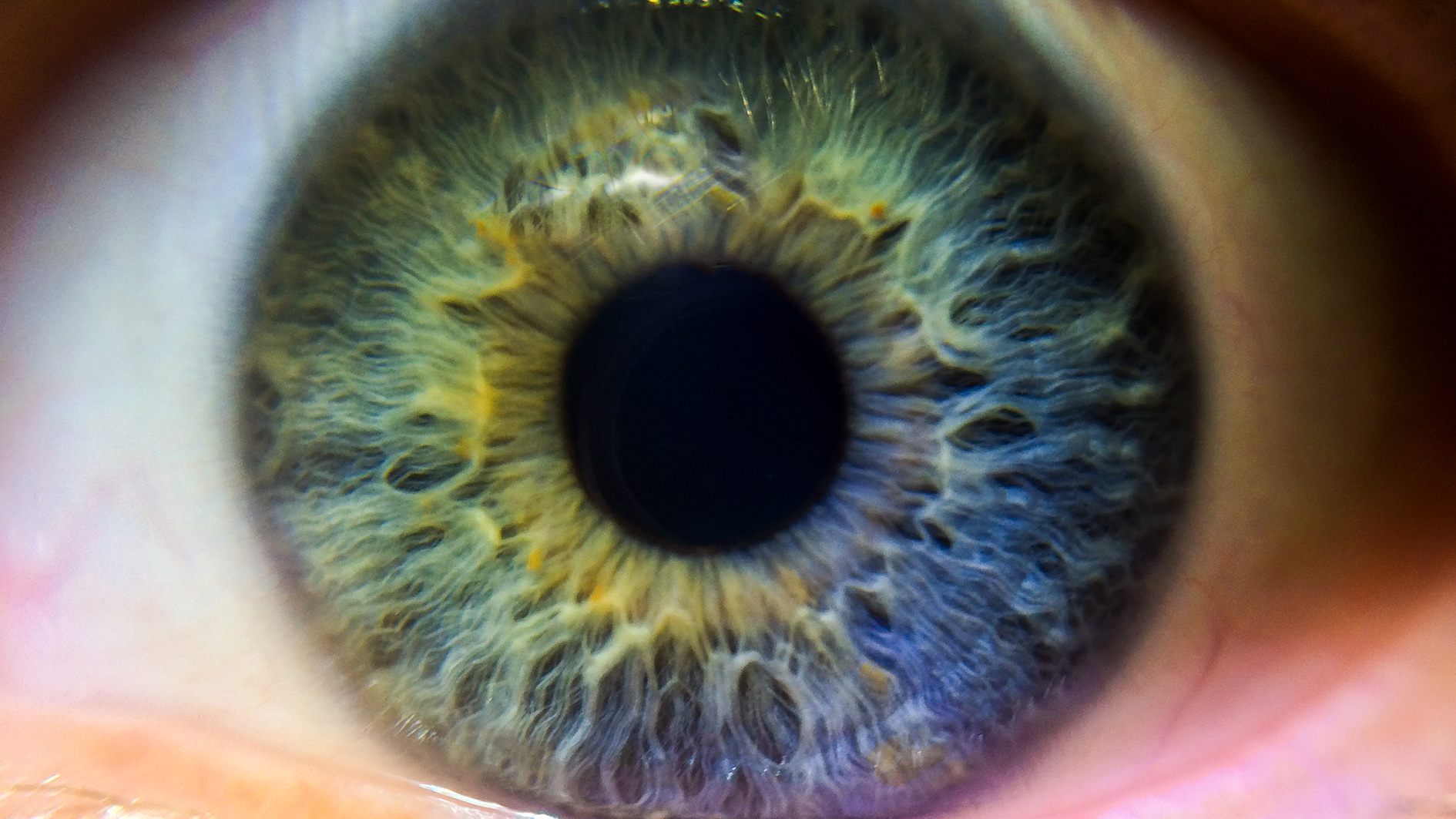Novartis challenges court ruling allowing use of Avastin in wet AMD

Novartis is appealing against a High Court ruling that it is lawful for the NHS to prescribe Roche’s Avastin (bevacizumab) in an unlicensed use in wet age-related macular degeneration (AMD), instead of pricier approved drugs.
Novartis’s Lucentis (ranibizumab) and Bayer’s Eylea (aflibercept) are approved in wet AMD, but Avastin’s manufacturer Roche has never applied for a licence in ophthalmology.
Novartis is now taking a stand against the decision by England’s High Court, stating that the regulatory system ‘must not be compromised’.
The NHS welcomed the court decision, which was made in September, as it means money will be saved through use of the cheaper Avastin.
But in a statement, Novartis said: “Today, people living with wet AMD are now being asked to compromise on the assured quality and safety of their treatment, purely on the basis of cost.
“This is inappropriate and unnecessary when there are two NICE approved – and therefore cost effective – licensed treatments available. In the future, on the basis of this judgment, it may be people living with cancer, diabetes, or any other long-term condition being asked to compromise on the quality and safety of their treatments. This must not be allowed to happen.”
It went on to say that the judgement puts the financial burden faced by the NHS above patients’ right to medicines approved by the MHRA and EMA.
AMD is the most common cause of poor sight and blindness in older people. It usually affects those in their 50s and 60s and can progress through a succession of stages. The disease is deemed either ‘wet’ or ‘dry’.
Wet AMD develops when abnormal blood vessels grow into the macula. These can leak blood or fluid, leading to scarring of the macula and rapid loss of central vision.
Avastin, a drug licensed to treat cancer, works by attacking the blood vessels that feed oxygen to tumours – a mechanism that also tackles the symptoms of wet AMD.
Despite its lack of licence, a trial of Avastin for wet AMD showed that it was as effective as Lucentis in treating wet AMD, although serious adverse events were slightly more common with the Roche drug than with Lucentis.
This meant, due to the comparably low cost, Avastin was used off-label, sparking calls for a judicial review by Novartis and Bayer in a bid to make clinical commissioning groups use their more expensive licensed alternatives.












